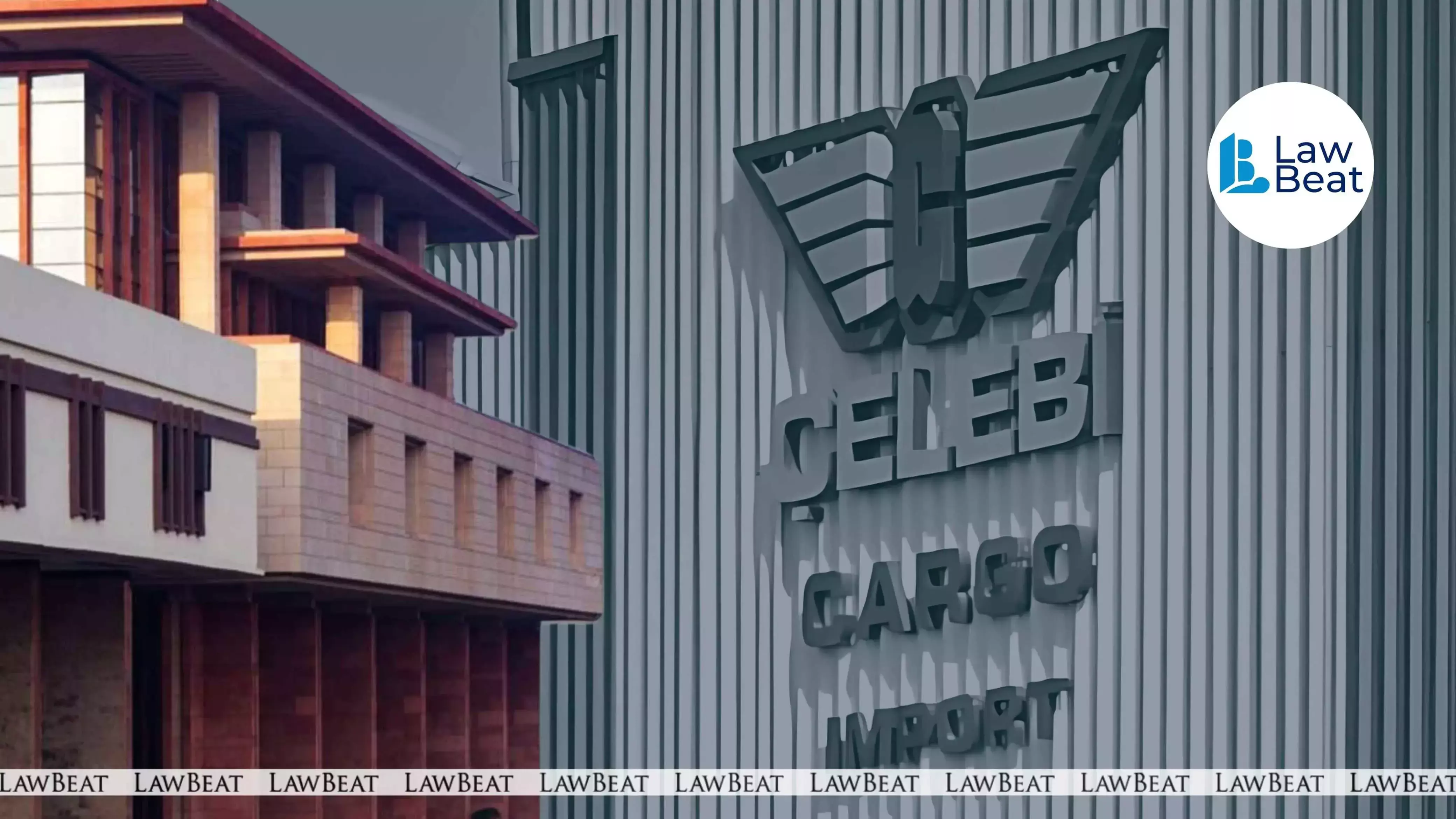National Security Over Business: Delhi HC Backs Centre in Turkish Firm Ban Case

In a high-stakes battle concerning national security, the Delhi High Court has upheld the Centre’s decision to revoke security clearance for Celebi Airport Services and its affiliate, Celebi Delhi Cargo Terminal Management, two companies operating in India under Turkish ownership.
The Solicitor General of India, Tushar Mehta appeared for the Union, defending the government’s May 15, 2025 orders that terminated Celebi’s clearances, effectively shutting down its operations at major Indian airports. The move came amidst growing diplomatic tensions, triggered by Turkey’s political alignment with Pakistan during India’s "Operation Sindoor", a military initiative by the Indian Government.
While Celebi called the action arbitrary and a violation of natural justice, the Centre invoked national security to defend its decision, and the High Court agreed.
Celebi, operated in India for 17 years and had valid security clearances, which were renewed as recently as November 2022. Yet on May 15, 2025, the Bureau of Civil Aviation Security (BCAS) abruptly revoked these clearances. At the same time, Celebi’s airport entry passes were reassigned to rival ground-handling agencies such as Air India SATS and Bird Worldwide.
The Turkish parent company, Celebi Aviation Holding, made a representation just a day prior, on May 14, 2025, pleading for a hearing.
Celebi’s argument: Principles of Natural Justice not followed
Represented by Senior Advocate Mukul Rohatgi, Celebi argued that the government's action was a textbook case of procedural unfairness. He argued that no show cause notice was served and no reasons were provided for the revocation. He further argued that his client was not even given an opportunity to respond.
Rohatgi pointed out that Rule 12 of the Aircraft (Security) Rules, 2023, which clearly stated
“The Director General, after giving the entity an opportunity of being heard, and for reasons to be recorded in writing, may suspend… or cancel… any security clearance… where he has any reasonable grounds to believe and considers such action necessary, in the interests of national security or civil aviation security.”
Celebi further contended that the rule is mandatory, not optional, and invoked a line of precedents including Maneka Gandhi v. Union of India and Madhyamam Broadcasting Ltd., which rested on the anvil of guaranteed procedural fairness under Article 21 of the Constitution.
The Centre's case: National Security supersedes
But the Solicitor General argued that "national security" needs allow the State to act without the fetters of procedural regularity. The government invoked powers under both the Aircraft Act, 1934 and the Bharatiya Vayuyan Adhiniyam, 2024, claiming a right to act decisively when security threats arise.
The Centre insisted that Celebi’s operations, due to their access to tarmacs, cargo holds, and restricted zones, posed a security risk, not necessarily because of any direct wrongdoing by Celebi, but due to its ownership links with Turkey.
Quoting Ex-Armymen’s Protection Services v. Union of India, the government emphasized:
Solicitor General Tushar Mehta had told the Delhi High Court that national security must be placed on the highest pedestal. "There are two companies. I’m saying this is a national security issue, which is the basis of the judgment, and the order reflects it. There are two contracts — one for airport handling and the other for cargo handling. These sensitive operations where personnel know every nook and cranny of the airport,'' SG Mehta had said.
In a detailed judgment, Justice Sachin Datta sided with the Centre, holding that national security is an exception to the rule of natural justice, even if not explicitly stated in the Aircraft Security Rules.
The court accepted the Solicitor General’s position that powers under Sections 6 and 10 of the 2024 Act override procedural prescriptions under Rule 12:
“The statutory framework confirms that the power exercised in such cases is plenary in nature and is not contingent upon preconditions…”
Furthermore, the court noted that Celebi’s rights are “privileges,” not “entitlements,” and clarified that foreign-owned companies cannot claim fundamental rights under Article 19.
On the issue of Celebi not being told the reasons, the court accepted the government’s submission that disclosing intelligence inputs could compromise national security, echoing Lord Hoffman in Rehman, reiterating that matters of national security must be entrusted to the executive and not to law and policy.
Case Title: CELEBI DELHI CARGO TERMINAL MANAGEMENT INDIA PVT. LTD. v/s UNION OF INDIA & ORS.
